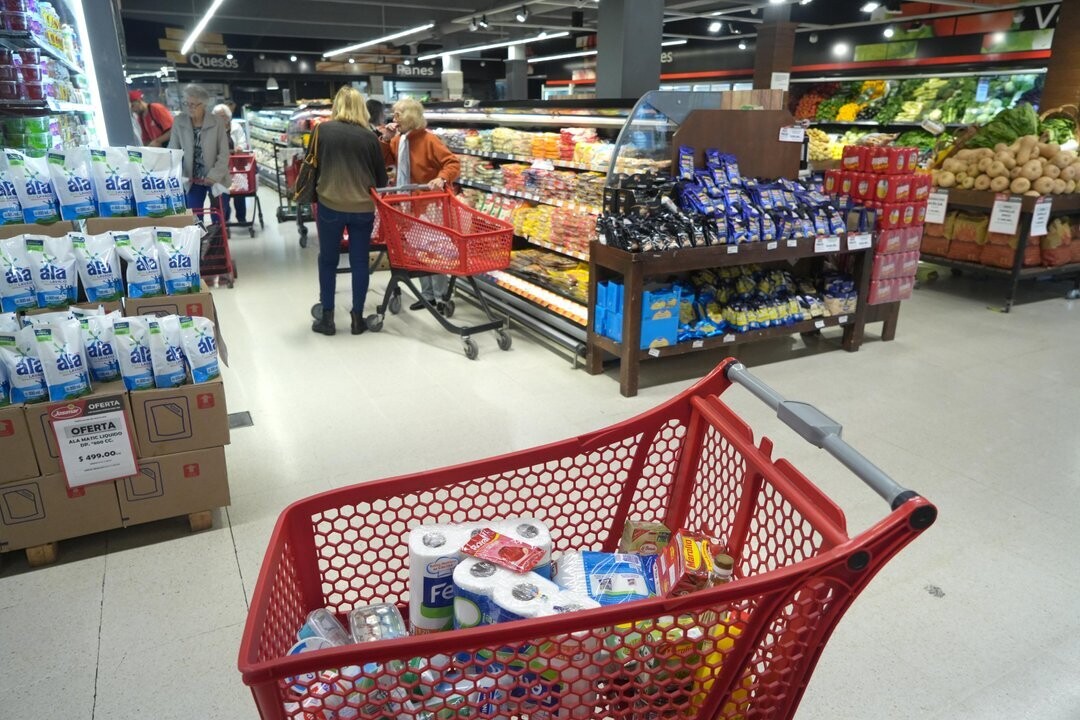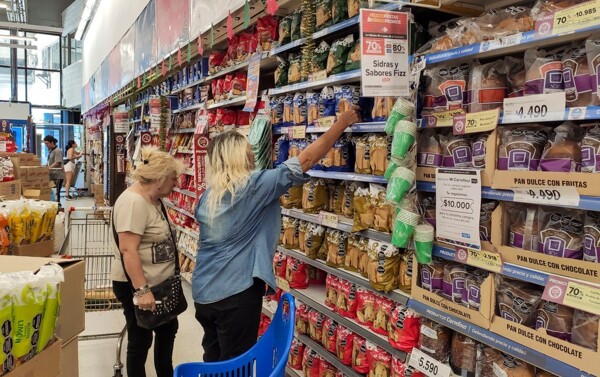
Inflation in the City of Buenos Aires increased by 2.1% in February, accumulating 5.3% in the first two months of the year, according to data from the Buenos Aires Statistics Directorate. This growth was related to updates in rents and utilities, as well as a 3% increase in the health sector, driven by adjustments in prepaid medicine fees.
In the breakdown by categories, goods rose by 1.9%, while services advanced by 2.1%, confirming a trend of lower inflationary pressure in this sector. With these results, the year-on-year variation stood at 79.4%, marking a deceleration of one point compared to January, when inflation was 3.1%.
This decrease in inflation was influenced by a slower pace of increase in services, although some items such as Food and non-alcoholic beverages experienced significant rises. In this regard, the 2.5% increase in this category impacted the general index by 0.45 percentage points, with notable increases in Meat and derivatives (+7.7%), Milk, dairy products, and eggs (+1.4%), and Bread and cereals (+1.0%).
On the other hand, Housing and utility rates registered an increase of 3.1%, contributing 0.60 percentage points to the monthly variation. This data reinforces the expectations of the national Government, which projects that inflation at the national level will be around 2.2%, a figure reached in the first month of the year.














